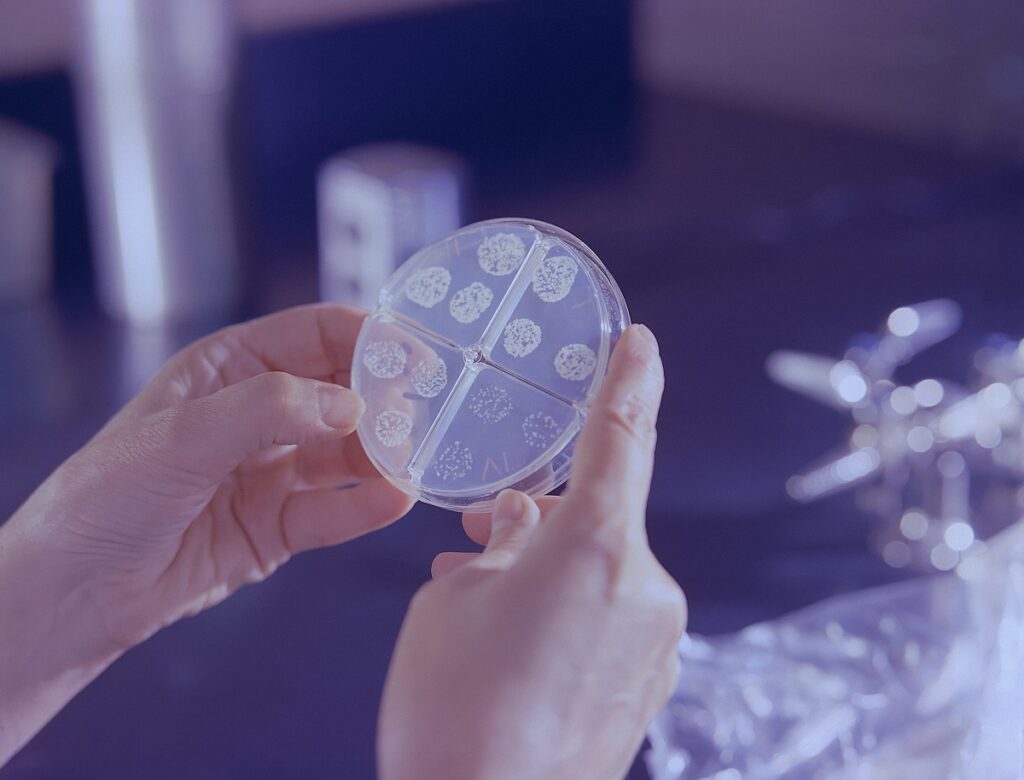Researchers are harnessing genetics to better understand the significant threat and dangers of drug-resistant tuberculosis (TB). However, we need policies that stimulate R&D.
According to the World Health Organization, TB infects 10 million people each year and claims 1.5 million lives globally, making it the second-most lethal infectious disease in 2020 behind COVID. Mycobacterium tuberculosis, a bacterium with a particular genetic code that makes it adept at mutation to evade antibiotics, is the cause of tuberculosis, research shows.
“To better treat and control TB, we need to understand the sources of the bacterium’s robustness and identify its vulnerabilities. We wanted to learn more about how it is able to form biofilms by discovering the genes and genetic regions involved in biofilm growth, as well as how the bacterium evolves in response to changes in its environment,” says Madison Youngblom, who is a graduate student at senior author Caitlin Pepperell’s lab at the University of Wisconsin-Madison. The study was authored alongside Tracy Smith of the New York Genome Center in New York City.
In a study that was recently published in PLoS Biology, researchers subjected 10,228 samples of Mycobacterium tuberculosis to tests using 13 different antibiotics at various dosages. In addition to examining the most effective medications and pharmacological combinations, they discovered 20 genes linked to treatment resistance.
Zamin Iqbal, a computational biologist at the European Molecular Biology Laboratory’s European Bioinformatics Institute, who led the studies, says that “a health-care professional could prescribe a customized cocktail of effective antibiotics.”
“If you can find pairs of drugs like that, they’re the perfect weapons to use,” Iqbal adds.
How to fix the antibiotic market
There is a way to turn this around, but the market is currently not stimulated to spend at the level necessary to convert research on antimicrobial resistance (AMR) into therapeutics, as we have reported previously. However, the PASTEUR Act is one bill that could help biopharmaceutical companies develop antibiotics, by fixing the market. (The Biotechnology Innovation Organization supports the legislation.)
“There are only 64 new antibacterial drug programs in development worldwide,” due to “our flawed antimicrobial market,” said BIO President and CEO Dr. Michelle McMurry-Heath. “Drug manufacturers need stronger financial incentives to build the drug pipeline of much-needed, life-saving measures.”




